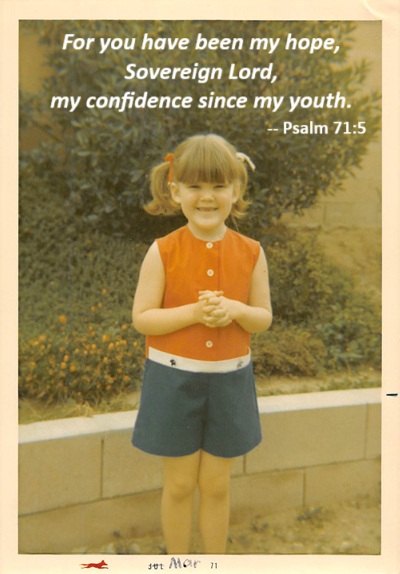
Why and how to write your own psalms
Sometimes, you need a Lament.
Whether you’re facing a scary future, feel like your life is a disaster, are horrified by the injustices around you, or want to pour out thanksgiving and praise in a time of blessing – there’s a type of Psalm that fits your situation. Praying with the Psalmists explores ten types of Psalms, opening our eyes to their patterns and learning to follow the examples of the psalmists in open-hearted prayer.
Many Christians feel as if they can only come before God with a happy face. Psalms flatly contradict that. The psalmists don’t hold back from telling God when they are in trouble or feeling impatient. Using Psalms as patterns encourages people to open their hearts to God.
This Praying with the Psalmists website has resources that will go with my not-yet-published book, Praying with the Psalmists: Ten Patterns to Deepen Your Prayers. I want to make the resources available even before the book is published, because this can be a powerful way to open your heart in prayer.
The first thing to know about praying your own psalms is Parallelism.
Psalms are poetry, and Hebrew poetry, found throughout the Bible, is organized not by rhyme, but by parallelism. Simply put, the writers write one line, and the next line has a parallel thought. Usually, they express the same idea in a different or more intense way, and sometimes they give a contrasting thought.
Of course biblical Psalms are far more nuanced than what I’ve described here. If you want to delve deeper, I highly recommend Robert Alter’s book, The Art of Biblical Poetry, as well as his translation of Psalms.
But you really don’t have to get complicated to make the prayers you write feel like psalms. What I do is write a thought, then think of another way to say the same thing. I find it slows me down and makes my prayers more meditative. My suggestion is simple: Try it!
Second, I recommend reading through Psalms as you go. This will put the words and the rhythms and the parallelism into your heart.
I’ve made a Reading Plan that groups all 150 Psalms by type, so you can read one type of Psalm and then try to write your own psalm of that type. (I capitalize the Psalms in the Bible and use lowercase for psalms we write.) I’ve got three versions: 12 weeks, 6 weeks, and 4 weeks. The book has twelve chapters, covering an Introduction, Memorization, and then the ten types of Psalms. I’m working on making twelve webpages to go with these. So choose the Reading Plan based on if you’d like to read one type of Psalm per week, two per week, or three per week.
The Reading Plans are available as free downloads to subscribers of my Sondermusings substack, as well as a color-coded chart showing how I’ve divided all 150 Psalms into types. Please note that this is my own categorization, and other scholars might divide them differently. Also, many of the Psalms have elements of more than one type, but I’m putting them into one type each, based on how well they illustrate praying that type of Psalm. If you subscribe to Sondermusings, you'll also be notified as I post more pages at prayingwiththepsalmists.com.
Third, I highly recommend memorizing a Psalm or two as you go, hiding it in your heart. But that’s the subject of Chapter Two of my book and the By Heart page of this website.
Finally, just try it! Try writing your own psalm, using parallelism. I've got lots of examples on my Sonderjourneys blog, under the category Praying with the Psalmists.
I am making this website to give people a place to share and post the psalms they write. Rather than have you submit them directly to this page, for the sake of eliminating spam, please post them as comments on Sonderjourneys. I’ll put links to my example psalms on the webpages for each type of Psalm, and you can post your own psalms in the comments.
For this intro page, here’s a post I wrote on Sonderjourneys about Challenging Assumptions about Psalms and why writing your own psalms can be so powerful.
Because sometimes you need a Lament, and sometimes you need a Psalm of Praise.
